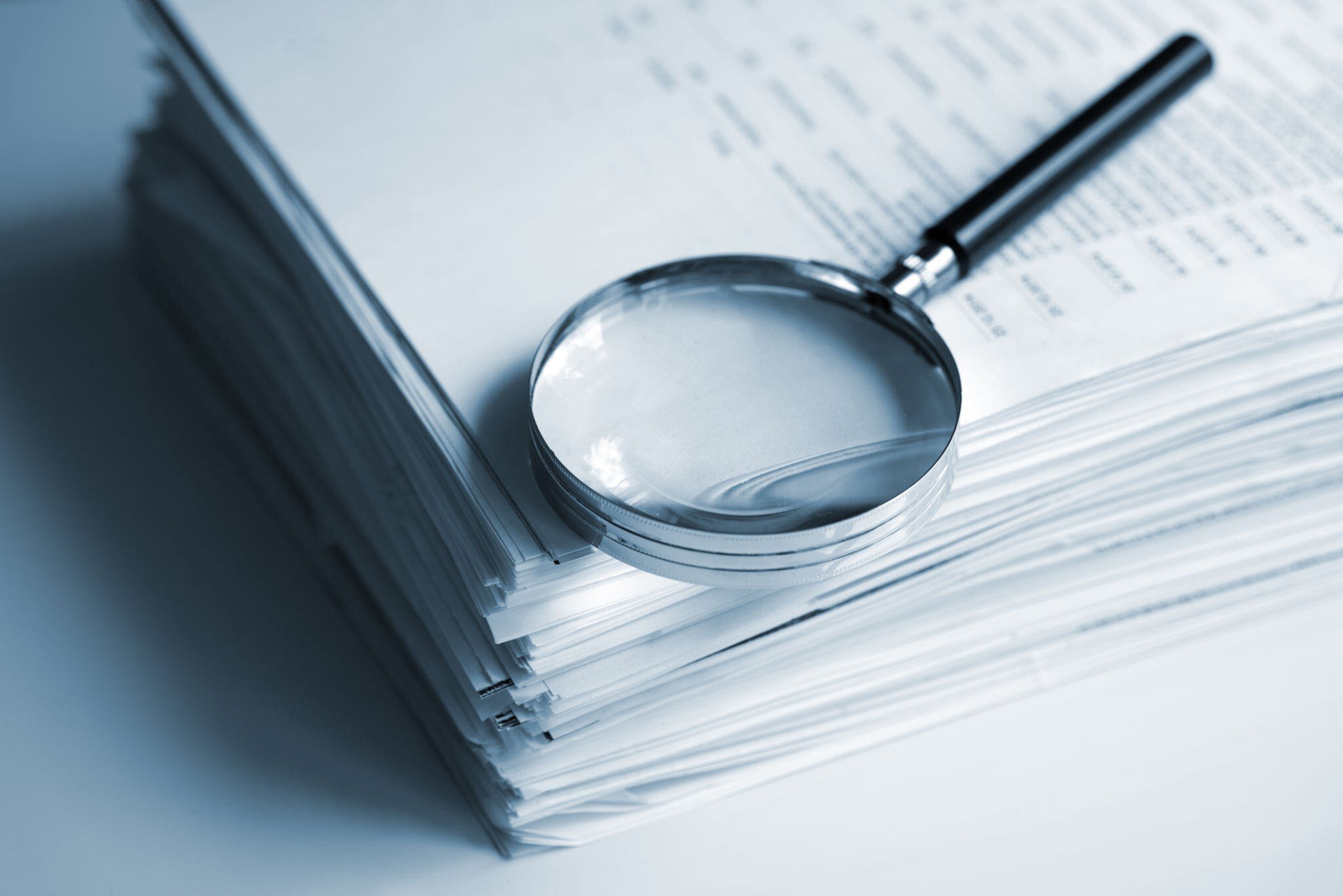Understanding the Basics of Bookkeeping
Bookkeeping is a crucial aspect of managing any business, especially for small restaurant owners in Richmond. By keeping accurate financial records, you can ensure that your restaurant operates smoothly and remains profitable. Bookkeeping involves tracking all financial transactions, including sales, purchases, and payments. As a small restaurant owner, understanding these basics will help you make informed decisions about your business.
Start by setting up a simple bookkeeping system. This could be as straightforward as using a spreadsheet or a basic accounting software package. The key is to consistently record every transaction to maintain an accurate financial picture.

Organizing Financial Documents
Proper organization of financial documents is essential for effective bookkeeping. Keep all receipts, invoices, and bank statements in a well-organized filing system. This could be digital or physical, depending on your preference. Ensure that all documents are easily accessible and categorized by month or type for quick reference.
Regularly reviewing and reconciling these documents with your bank statements will help you spot any discrepancies early on. This practice not only aids in accurate bookkeeping but also prepares you for tax season.
Utilizing Technology to Simplify Bookkeeping
Embracing technology can greatly simplify your bookkeeping process. Many software options are available that can automate tasks such as invoicing, expense tracking, and financial reporting. These tools can save you time and reduce human error, allowing you to focus more on running your restaurant.

Tracking Income and Expenses
One of the most important aspects of bookkeeping is tracking your income and expenses. This allows you to understand where your money is going and identify areas where you can cut costs or increase revenue. Create separate categories for different types of expenses such as food costs, utilities, and staff wages.
Regularly review these categories to ensure that your restaurant is staying within budget. This will help you make necessary adjustments to improve your bottom line.
Preparing Financial Statements
Financial statements are essential tools for evaluating the performance of your restaurant. They provide valuable insights into your profitability and financial health. The three main financial statements are the income statement, balance sheet, and cash flow statement.
These documents should be reviewed regularly to assess the overall performance of your business. If you're not confident in preparing them yourself, consider seeking the help of a professional accountant.

Managing Cash Flow
Effective cash flow management is vital for the survival of any small business. Ensure that you have enough cash on hand to cover daily operating expenses and unexpected costs. Monitor your cash flow regularly to avoid potential shortfalls.
Implementing strategies such as negotiating better terms with suppliers or optimizing inventory levels can help improve your cash flow situation.
Planning for Tax Season
Tax season can be a stressful time for small business owners. However, with proper bookkeeping practices in place, it becomes much more manageable. Keep track of all deductible expenses and ensure that your records are up-to-date to facilitate an easier tax filing process.
Consider consulting with a tax professional to ensure compliance with local regulations and to maximize your tax benefits.
